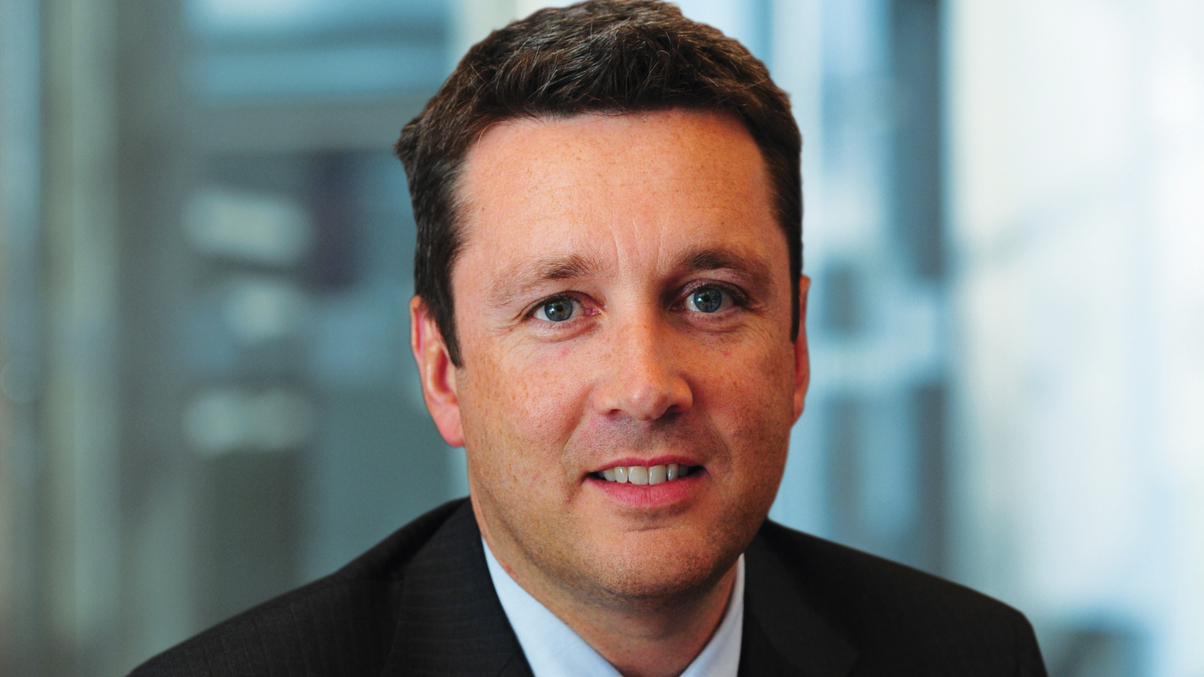Asian insurers eye ETFs, hedge funds, property
In anticipation of the US Federal Reserve curtailing QE, Asian insurers are seeking to diversify portfolios and shift away from benchmark investing.

Asian insurers are seeking ways to diversify their portfolios and are more keen on absolute return strategies than their global counterparts, finds a BlackRock survey.
Sign in to read on!
Registered users get 2 free articles in 30 days.
Subscribers have full unlimited access to AsianInvestor
Not signed up? New users get 2 free articles per month, plus a 7-day unlimited free trial.
¬ Haymarket Media Limited. All rights reserved.


